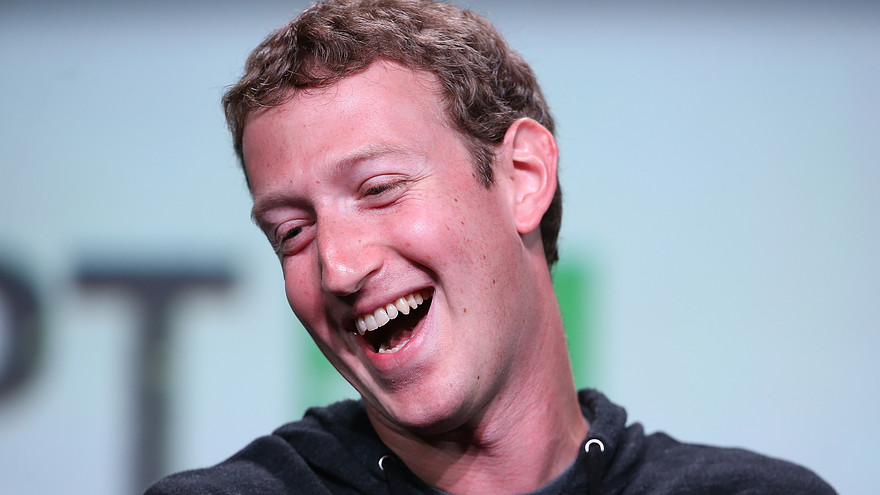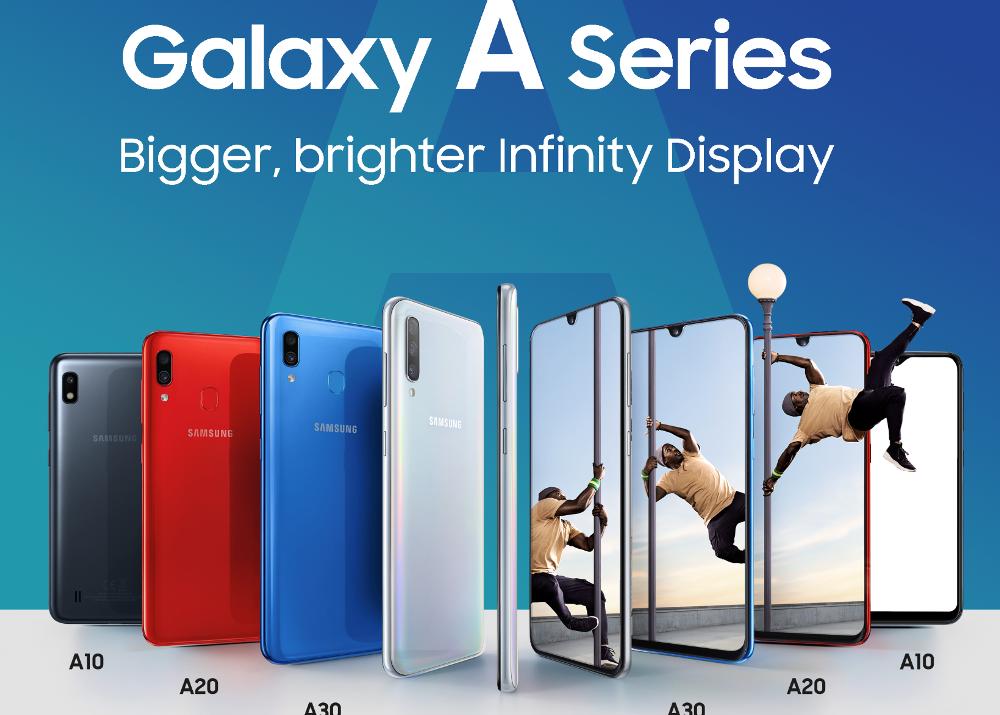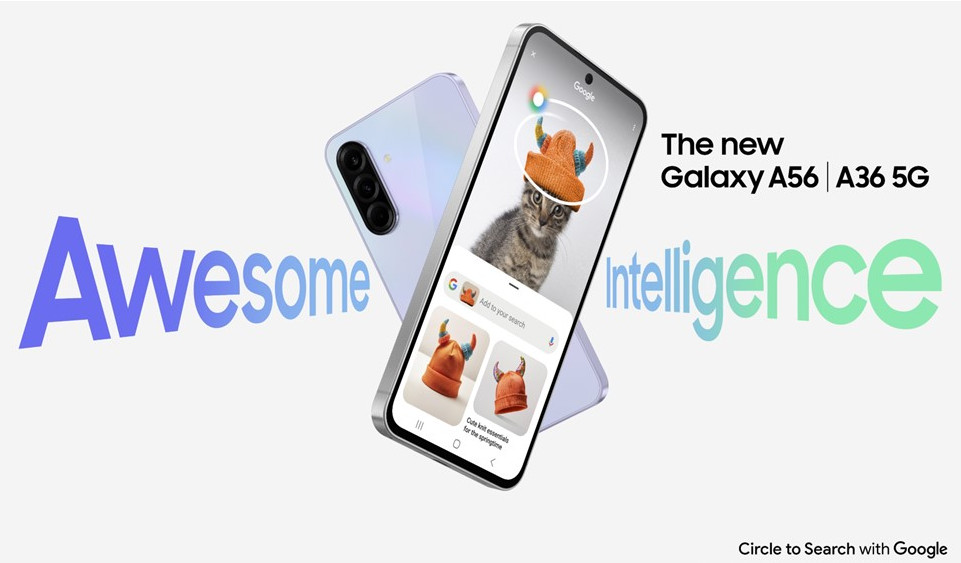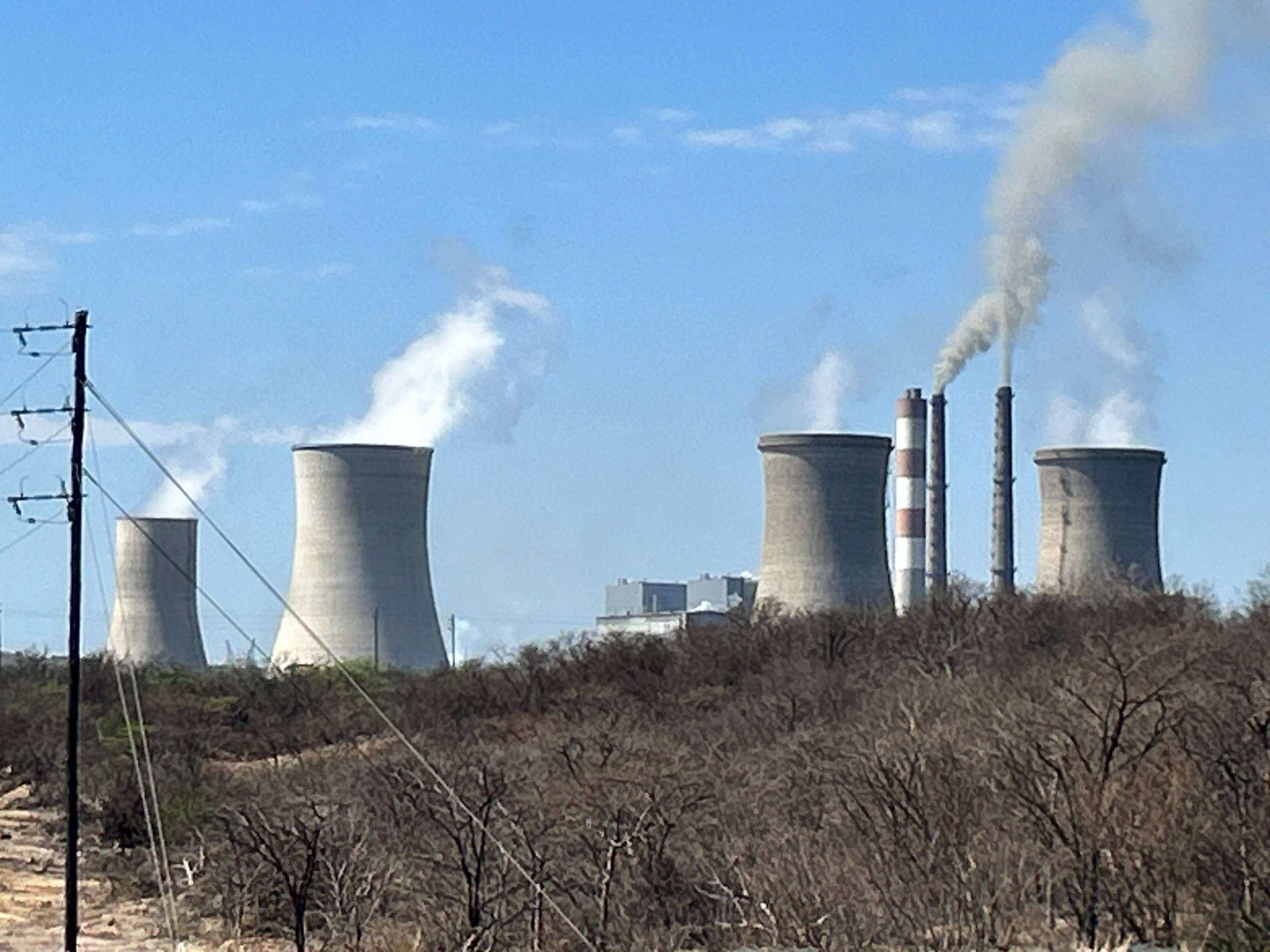
When Africom unveiled its mobile broadband service pricing last year in October it was to the delight of a market frustrated by exorbitantly priced internet (in the case of Econet) or just internet that didn’t work much (hello PowerTel).
We commented then that on price Africom’s service was “by far a preferable alternative”. We still believe so.
They disrupted a market where if you wanted any reasonable internet, you had to fork out $98 for a 1 gigabyte bundle. They basically opened up the internet to that couldn’t afford to shell out that much for just GB. And even for those that could afford expensive internet, at US $18 a GB it was a no brainer choosing the new entrant.
And it wasn’t just for a short season. Today a GB still costs $18 at Africom. You pay more when you exhaust that first gigabyte, but Africom lets you buy multiple ‘first $18 gigabytes’ on the same account, so if you’re determined enough $18/GB is all you’ll pay for all browsing.
In our discussions with some local ICT leaders, their message was always that the Africom pricing model is unsustainable. The competition tried revising prices downwards but no provider managed to match. The model doesn’t make business sense they say. I remember one executive admitting there was just no way they could match Africom’s pricing and that, soon or later, the model would surely fail.
Africom has soldiered on for more than a year with the new disruptive pricing model. But maybe their competition is right. If the revelations coming out now as scorned executives at the company fight tooth and nail for control are anything to go by, the cookie is crumbling.
Last week’s Fingaz carried a story titled “Africom dispute turns nasty”. Inside the story are revelations made by Simba Mangwende, Interim CEO (or not depending on who’s side you’re on at the company) in an affidavit lodged with the High court:
I should mention that the company’s financial position is extremely precarious, with creditors amounting to US$20 million, overdrafts that are not being properly serviced, service providers on the verge of switching applicant’s (Africom) equipment off which is tantamount to shutting its business altogether, a negative cashflow position and a resultant ‘cooling off’ in relationships with most bankers













Comments
23 responses
Wow. and 18 is still quite high compared to the rest of the world
Looks like a drinking competition
with a midget in the background
Initially i thought it was bad photoshop
how do you access the multiple First 18us 1gig, i only pay once every 30days?
multiple dongles on 1 account.
Its not a midget!! The other 3 are on a stage and the “midget” is standing off stage.
But considering other mismanagement at the company that has been reported in the newspapers, can we really say it is the pricing that is at the root of the problems? I bet my head on financial mismanagement
We have challenge as indigenous Zimbabweans. Corruption is at the core of Africom problems. The industry knows that KK externalises revenues. Check their books and see if you will find receipts from the numerous IS access links Africom provides. Shame
It’s sad truly the state of internet connectivity in the country, providers dont have top notch products to start with and in this era of high bandwidth availabity it would delusional to say in Zimbabwe we are at the peak of connectivity, I think Africom is part of those providers attempting to increase the number of people with affordable internet access, hats off to them even if they are facing challenges.
You are all Morons. As usual. If you talk to any decent ISP (and there are several) they will all tell you that about 20% of the costs of offering an internet service is the actual bandwidth. The rest is made up of local costs, license fees, bribes, etc, etc. So shut up about lowering costs, because the only way to lower the price of Internet access is to liberalize the telecoms industry and to put in place proper and fair laws that do not favour one over another. In other words, regulation. And not the type of regulation we have now, but one that promotes fair competition and even more importantly, cooperation between providers. All you consumers think that the ISP’s are screwing you over all the time. This is simply not true. There are higher ups who are raking in the money that are screwing you. Ask POTRAZ.
eish, you sound seriously offended . . .
ISP’s are businesses at the end of the day want to make profit, the term broadband has been poorly used by big players whether wired or wireless connections and POTRAZ is not exactly enforcing a standard for decent connectivity speeds which are still unaffordable. Whether that’s a fact you choose to accept is up to you, Internet shouldn’t be for free like air but at the same time something as crucial as broadband access is still treated as a luxury which can be foregone, blaming whichever authority you can think of does nothing for internet proliferation in our country and is in bad taste as the topic was “is the Africom model sustainable”, think about it how many jobs did ISP’s create over the last year alone, what was their contribution to the economy in other words what is the result of all the online activity coming from Zimbabwe is it a step forward or something that is still in short supply and beyond the majority of the population
Chinyararai nyaya yeprice yeAfricom,this is what they are offering and its good.Are you trying to have them review their prices by these stories?To Africom keep it up ,that the way to go.Internet need not to be very expensive.
lol
$18 dollar model was sustainable and quite a clever marketing technique as well, it attracted a very sustainable customer base that was enough to render these guyz very profitable, in that time just by looking at Africom you could tell things were moving quite swiftly and their expansions, new technologies etc it was good, but these company was build upon pillars of sand in terms of admin, do you know that if your gig ran out that didnt mean end the end of the world, all you had to do was use proxy and wallah, u back online and with popular sites such as facebook all you had to do was add an ‘s’ after ‘p’ on http to make https:// on your address bar and wallah you are in….how many subscribers do you think knew that, I did it…I told 5 more of my friends and they told their 5 more….what do you think happend…and all this time this guyz wldnt notice it…dont know if it still works and I suspect it still does….we read the papers and we hear of scandals involving large ammounts by top executives at Africom….executives being arrested and charged with espionage, this and that……Good start by Africom but very bad going indeed…
Typical regulatory authorities like Potraz, Zesa, ZBC etc fleecing consumers thru exorbitant extortionist pricing. Potraz are killing ICT penetration in Zimbabwe. Yoi cant set a small local isp with a small client base offering low connectivity coz the big ISP or IAP that you ll backbone thru will pass on their potraz fee expense to you. IAP class A paying up tp US$5 Million annually, we ll never penetrate the majority.
$18/Gig unsustainable- Telone $30/10Gig !@# Whatz going on here!!! Educate me on this one PLEASE?-Hey has Powertel improved their speed cause i been enjoying a much improved service since Thursday
I don’t believe the pricing is unsustainable for the package and your
comment about the competition failing to match doesn’t tell true at all.
At best Africom has the cheapest minimum price for data bundle greater than
500MB. The serious competitors are all giving much more data for price.
1. On a similar platform to Africom, Powertel has always sold unlimited
data at $50/month. The early problems had to do with the outrageous cost
of the dongles and probably coverage. I know both users who don’t use much
of this data and heavy users consuming as much as they possibly can
and Powertel doesn’t seem to mind.
($50 would get you less than 3gb of $18 bundles)
2. Telone’s selling their 10GB data for $30/month and 15GB for ~$60 (at
double the speed…). If you’re greedy that’s not a hard limit to reach,
but only for so long before you get over it unless you’re a dedicated
pirate, but I digress…
Word has spread like wildfire, and everyone with a landline is getting
it, the network hasn’t got much worse (we haven’t broken it), and Telone
seems to be thriving. (That’s selling ten times as much data as Africom
for less than twice the price)
3. While YoAfrica are expensive to setup, their monthly 1GB peak limit +
unlimited off-peak offering at around $100 is way generous and trumps
everything else for extreme users. I haven’t heard of any complaints
from YoAfrica about the off-peak excess.
Unfortunately there’s not enough info in this post to start theorising exactly what else could be wrong.
Said something about the PowerTel service in the first paragraph. and maybe you can read this review as well: http://www.techzim.co.zw/2011/02/review-powertel-mobile-broadband/
And “TelOne seems to be thriving”? Really do wish YoAfrica (and Aptics, and ZOL) also did Mobile Broadband: http://www.techzim.co.zw/2011/09/yoafrica-zol-and-aptics-mobile-broadband/ would be easier to compare them to Africom and the others if they did.
Okay fine w.r.t. Telone I used the word “thriving”
a bit irresponsibly 🙂 I don’t know how they’re doing financially. I meant I’ve
observed the uptake on their ADSL has been super quick and prolific. And
service doesn’t seem to be getting worse so far (and hopefully never) and they
aren’t complaining…
I do acknowledge that you’ve done articles about all the ISPs, and that the technologies (mobile, wimax, adsl…) are different. Platform aside my point was that the
other ISPs are actually selling more megabytes per dollar in their packages than Africom, although
Africom gives you the cheapest “package” (make sense?) and therefore Africom’s
woes can’t be linked to their pricing model.
Hadn’t heard about Aptics and the link in your link is external and also not too informative. Will you be doing an article on this anytime soon?
Aptics is just one the Licensed IAPs doing WiMax and that’s offering the same free off-peak traffic that ZOL and Yo have been doing for years now.
your point makes sense. At end of day depends on type of usage by a subscriber. if a heavy user, Africom will definitely cost you more. If they you’re the regular email guy for whom 1GB or 2 is enough, Africom will cost less.TelOne? Like a friend always says “…they don’t need to make money!”
iyi ndiyo chaiyochaiyo